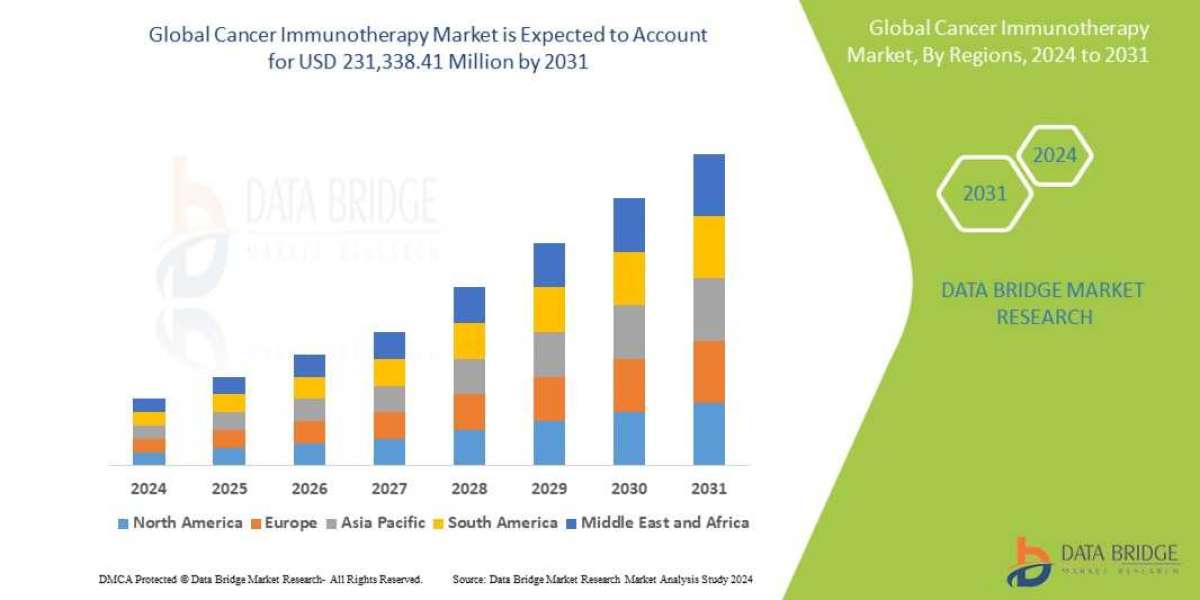In the ever-evolving landscape of the pharmaceutical industry, effective sales representatives play a pivotal role in bringing life-changing medications to healthcare professionals and patients alike. Pharmaceutical sales training is a critical component that equips sales professionals with the knowledge, skills, and tools necessary to navigate the complexities of the healthcare market. This comprehensive guide explores the key aspects of pharmaceutical sales training, from foundational knowledge to advanced strategies.
Before delving into the specifics of pharmaceutical sales training, it's crucial to comprehend the unique characteristics of the industry. Pharmaceutical sales representatives must possess a deep understanding of medical terminology, drug development processes, and regulatory frameworks. Training programs often start with an overview of the pharmaceutical landscape, providing a foundation for more specialized knowledge.
Pharmaceutical sales professionals are the bridge between pharmaceutical companies and healthcare providers. An in-depth understanding of the products they represent is fundamental to their success. Training programs focus on educating sales representatives about the composition, mechanism of action, indications, and potential side effects of the medications they promote. This knowledge empowers them to engage in meaningful conversations with healthcare professionals and address their concerns.
The pharmaceutical industry is highly regulated to ensure the safety and efficacy of drugs. Sales representatives must adhere to strict ethical standards and compliance requirements. Training programs incorporate modules on healthcare compliance, including interactions with healthcare professionals, promotional practices, and legal obligations. This ensures that sales representatives are well-versed in industry regulations and can navigate potential legal challenges.
Effective communication and salesmanship are essential for success in pharmaceutical sales. Training programs emphasize the development of interpersonal skills, including active listening, relationship-building, and effective communication. Sales representatives learn how to tailor their message to different healthcare professionals, understand their needs, and articulate the value of the products they promote.
The pharmaceutical market is dynamic, with constant changes in treatment protocols, competitive landscapes, and emerging trends. Sales training programs provide insights into market dynamics, enabling representatives to adapt their strategies to evolving circumstances. This includes staying informed about competitor products, understanding market trends, and anticipating shifts in healthcare policies that may impact sales approaches.
In the digital age, pharmaceutical sales representatives must leverage technology to enhance their efficiency and effectiveness. Training programs incorporate modules on the use of customer relationship management (CRM) software, digital communication tools, and data analytics. Sales professionals learn how to gather and analyze data to identify opportunities, track customer interactions, and optimize their sales strategies.
Practical application of knowledge is a crucial aspect of pharmaceutical sales training. Role-playing and simulation exercises are commonly used to provide real-world scenarios where representatives can practice their skills in a controlled environment. This hands-on approach allows sales professionals to refine their techniques, receive feedback, and build confidence in their abilities.
Pharmaceutical sales training is a multifaceted process that goes beyond product knowledge to encompass regulatory compliance, sales skills, market dynamics, and technological proficiency. A well-rounded training program equips sales representatives with the tools they need to navigate the intricacies of the pharmaceutical industry successfully. As the industry continues to evolve, ongoing training and development will be crucial for sales professionals to stay ahead of the curve and contribute to the advancement of healthcare through effective medication promotion.



